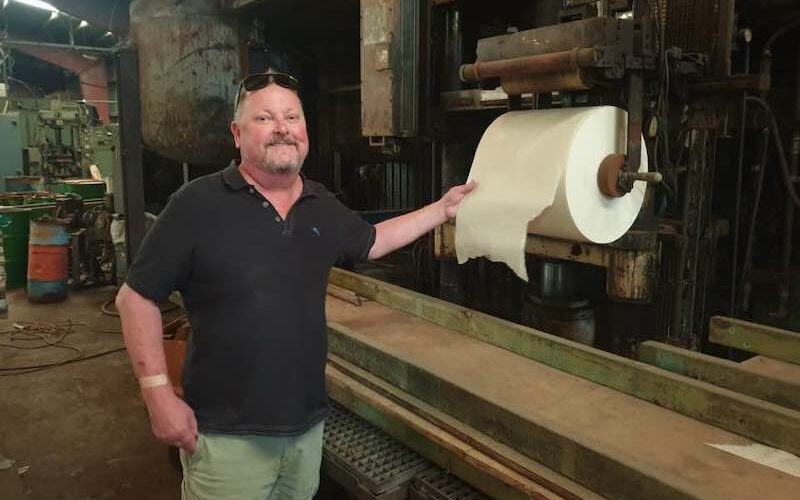The corporate regulator ASIC has lost its case against bank victims’ advocate Geoff Shannon putting a large question mark over the role of the Commonwealth Bank in orchestrating the prosecution. Lisa-Jane Roberts with the story.
Wednesday, November 22 was a day of vindication for Geoffrey Shannon after a lengthy battle with ASIC ended in his favour in Southport Magistrates Court.
Shannon, who had been charged under section 206A of the Corporations Act with directing a company while bankrupt, was visibly affected when Magistrate Bamberry quietly but firmly pronounced the words “I find Mr Shannon not guilty” and dismissed all charges against the man behind the unincorporated advocacy group Unhappy Banking.
The judgment is not likely to be welcomed by ASIC, currently under scrutiny in a Senate Inquiry headed by Senator Andrew Bragg. The inquiry, which has received 190 submissions, is investigating reports of alleged misconduct by the regulator and has, to date, held four public hearings, at one of which Mr Shannon spoke as a witness.
Standing up to ASIC
There is little doubt that ASIC’s already maligned reputation as a fair and effective investigative body will not weather Bamberry’s judgment well.
The magistrate deemed early-career investigator Nathan Miller’s performance in this matter “not a thorough investigation”, noting in particular that “Miller admits that he took no steps to investigate anything that was given to him, or that he was told about, in [a voluntary] interview with Mr Shannon,” and that “[i]f he had, there would have been concerns raised about [Ms Keys’] evidence” upon which the Crown’s case rested almost entirely.
Natasha Keys, the Crown’s key witness in the case against Mr Shannon also came under fire from the magistrate who found her “to be a completely unreliable witness,” explaining that he could, therefore, “afford her evidence little weight.” The question that begs to be asked, is how such a badly-executed investigation based on evidence from such a patently unsuitable witness ever came to trial in the first place.
Mr Shannon believes that ASIC never expected his case to reach this point. “Most people who get a fine,” he commented outside the Southport Courthouse on Wednesday, “are too scared to take on ASIC, or the banks for that matter – the financial and emotional risk appear too great – so they just clam up and suffer the consequences.”
However, as a firm believer in standing up to powerful institutions that seem to betray the public’s interest and trust in them, Shannon, who had received a fine of $8,500 from the regulator for his alleged misdemeanour, opted instead to fight.
Convinced that he was being unfairly persecuted, he refused to pay the fine and the matter ended up going to trial, much (one can only assume) to the surprise of ASIC, who, having provided such an inadequate brief of evidence to the Crown and, subsequently, lost the case so ignominiously, is now faced with having to dig deep into the public purse to pay what are likely to amount to significant costs.
“Hi Babe” Case: Commbank boss Matt Comyn revealed in payments to ASIC star witness
That the regulator needs regulating appears obvious. Mark Allen, a lawyer and witness in the current Senate Inquiry, put it succinctly when he said,
ASIC needs to be a respected rather than feared regulator.
“It needs to act consistently and in a fair manner and without favour. It needs to attract and retain staff of the highest calibre. And it itself must uphold the standards that it expects the companies it regulates to meet.”
ASIC has been contacted for comment.
Lisa-Jane is a freelance writer and academic from Sydney. She is currently writing her doctoral thesis on narrative ethics at the University of Sydney and regularly pens articles, blog posts and opinion pieces for her clients.

